Writing a thesis is a process. You start with a topic, it evolves into an idea, and then you refine it as you analyze your evidence until it’s an interesting claim. You don’t have a real thesis statement until you have crafted it to be as focused and as intriguing as possible.
Students with weak or underdeveloped thesis statements often stopped working on them halfway through the writing process, or they did not allow themselves enough time to hone their argument. Here’s what the thesis writing process generally looks like.
Here’s an example of a prompt:
The original fairy tales by Jacob and Wilhelm Grimm are frequently portrayed in pop culture today. We see these adaptations in our favorite TV shows, video games, and movies. The audience knows the major elements of the fairy tale, yet they still enjoy embarking on the familiar journey. Why is that? Why are they enjoyable when the ending is well-known? Pick a fairy tale and explain why it is still relevant.
1.) Exploring the Topic
What do I want to write about? I always liked the fairy tale called “Hansel and Gretel”.
Why do I want to write about it? I love the idea of a candy house. I love candy. Who doesn’t? First, I’m going to actively read the original story here.
What does the candy house mean? Well, the candy house is actually a trap made by a witch who wants to eat the children. Both the children and the witch are hungry. Maybe that’s significant? Maybe all of the characters are hungry? Is there a better word for hungry?
2.) Not a Thesis:
Thesis: Hansel and Gretel eat the candy house because they are starving during a famine.
This is not a thesis because it is not debatable. It’s a specific fact from the story. How can we make it debate? Well, let’s focus on a theme rather than one detail.
3.) An Off-Topic Thesis:
Thesis: Television series Once Upon a Time adapts “Hansel and Gretel” to depict how children could get lost in grief after experiencing the death of a loved one.
This is a claim, but it’s off topic. Return to the prompt. This instructor is not looking for an example of a fairy tale adaptation in pop culture. Rather, they are seeking a close reading of the text and an argument as to why the story is still meaningful. Return to the original prompt throughout your writing process so you stay focused on the right topic.
4.) The Weak Thesis
What am I showing my reader? The fairy tale “Hansel and Gretel” is about hunger.
How will I show it? There’s examples of overeating throughout the story.
Thesis: The fairy tale “Hansel and Gretel” is about hunger because there’s examples of overeating throughout the story.
We have an idea, and we have the evidence that lead to the idea, but this thesis is weak because the “examples of overeating . . .” is a vague statement. Who is over eating? What about hunger? Is there a more specific word that relates to hunger and over-eating? The verb “is” can also be strengthened by using an action verb.
5.) The Slightly Stronger High-School-Thesis-Statement
What am I showing my reader? All of the major characters in “Hansel and Gretel” struggle with gluttony.
How will I show it? I’ll show it through three groups of characters. The parents abandon their children because they are starving and don’t want to share the remaining food. The children overindulge when eating the candy house so they are sleepy. The witch wants to eat the children but not before she fattens them up.
Thesis: The well-known fairy tale, “Hansel and Gretel” is about gluttony because the parents, the children, and the witch are gluttonous.
Yes, gluttony is the right word, and that makes it a little stronger, but the 3-reasons-thesis will not serve you well in college. The general high school thesis format looks like this:
__________________ is true because of_____________, ___________, and ____________.
It’s not wrong; in fact, it’s a good step in the right direction, but this format is a barrier to more complex ideas, and remember, your paper is only as good as your idea. This format limits you to three major reasons, and it doesn’t leave room for the actual relevance of the idea. One way to make this stronger would be to look at the evidence we present. Can we put it into one major group or use one term to describe it all? The parents, the witch, and the children are all characters. Maybe that’s the term. When we use a term to group our evidence together, we make room for a more complex idea.
6.) A Stronger College-Level Thesis
Thesis: The well-known fairy tale, “Hansel and Gretel” portrays gluttony by featuring characters who all fail to manage their intense hunger.
This thesis is more specific so it is by far stronger. Now we have room to make an interesting and complex thesis statement, and we do this by asking ourselves this: why is this theme still relevant? Why should our reader care about some fairy tale about gluttony? Often at this stage you may need to return to the story to draw out more evidence or think about other common themes. Remember, our prompt wants to know why this story is relevant. Why is gluttony relevant?
7.) The Strongest Thesis
What am I showing my reader? All of the major characters in “Hansel and Gretel” struggle with gluttony so the reader can grapple with gluttony alongside of each character.
How will I show it? I will show that every character is gluttonous, and I will look at how little description exists for each character.
Why does it matter? Well, when I think of society today, I think of excess. We over-consume not only food, but resources, and televisions shows through “binging” etc. Is this a form of gluttony?
Thesis: The well-known fairy tale, “Hansel and Gretel” allows the reader to vicariously grapple with gluttony by showing how each character in the tale fails to manage their hunger, making the story ever-relevant in a society that is defined by over-consumption.
This is the strongest thesis because it indicates what will be argued, how it will be argued, and why it’s significant. It is specific, it is interesting, and it is debatable. It uses strong verbs and focused words.
A strong thesis like this is also thought provoking. It puts a new spin on something familiar to your reader so you have plenty of options for a conclusion, too. For example, once you prove that Hansel and Gretel is about gluttony, you can ask all sort of questions. Does liking “Hansel and Gretel” mean you struggle with gluttony? Is “Hansel and Gretel” constantly adapted because our culture hasn’t overcome gluttony? Is it still about gluttony in adaptations or are those essential details amended? If so, why? What does the ending mean since the children return home to the parents that abandoned them for food? Is it all a cycle where they will be abandoning by their parents again during the next famine? There’s so much here to explore and there’s a variety of directions for your conclusion.
When forming a thesis ask yourself these questions:
- What is my idea?
- How will I show it?
- Why does it matter?
- Is my idea responding to the prompt?

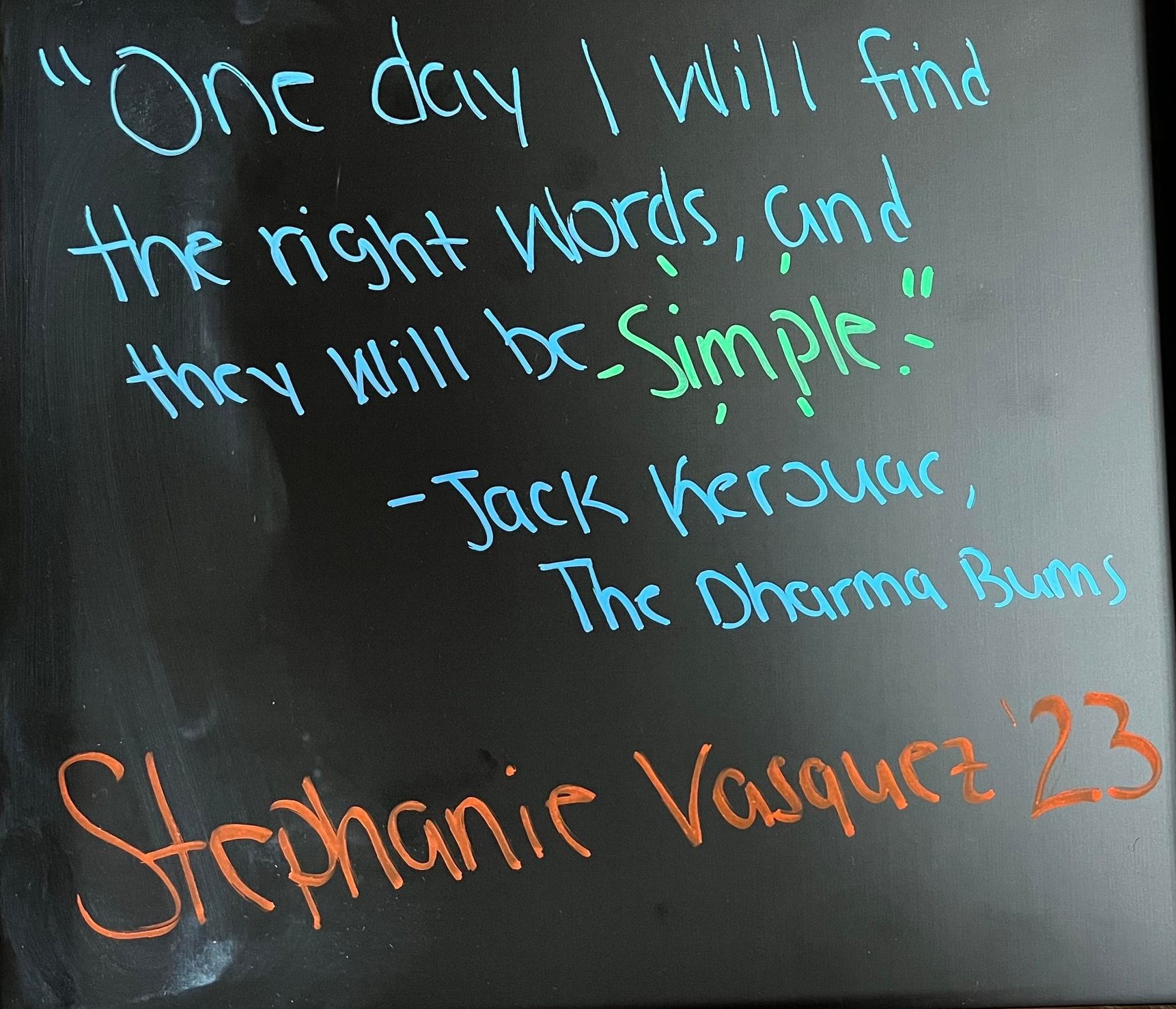

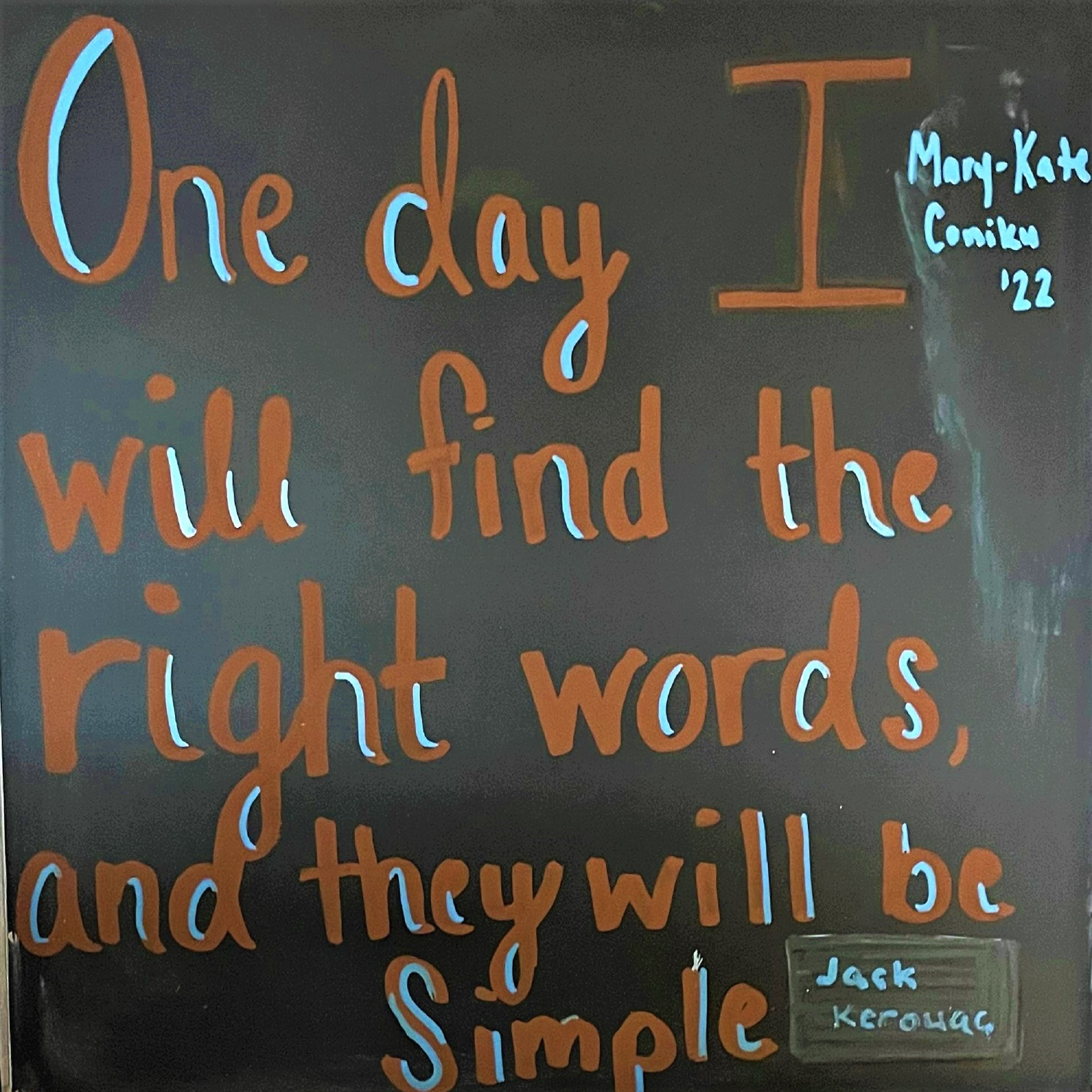


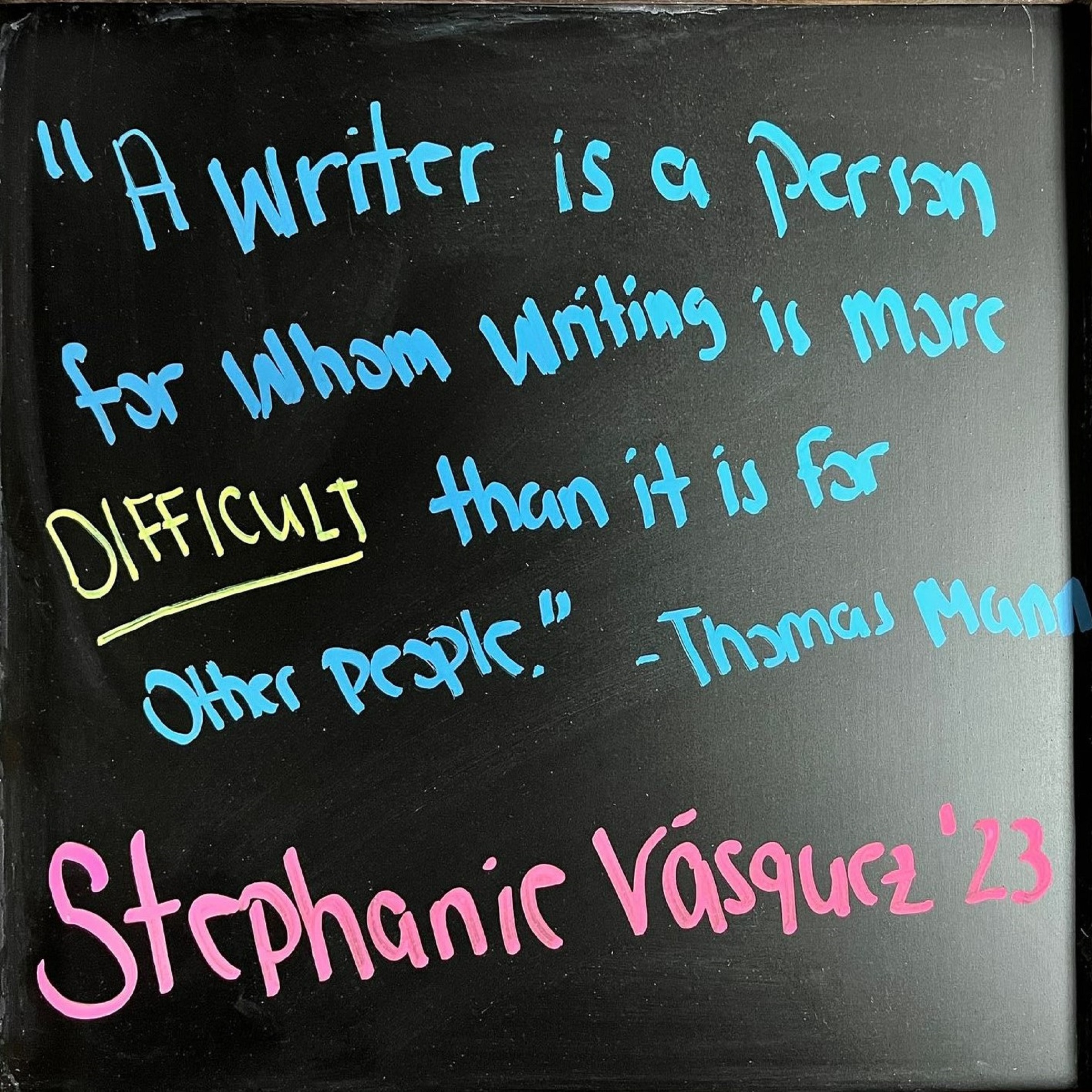
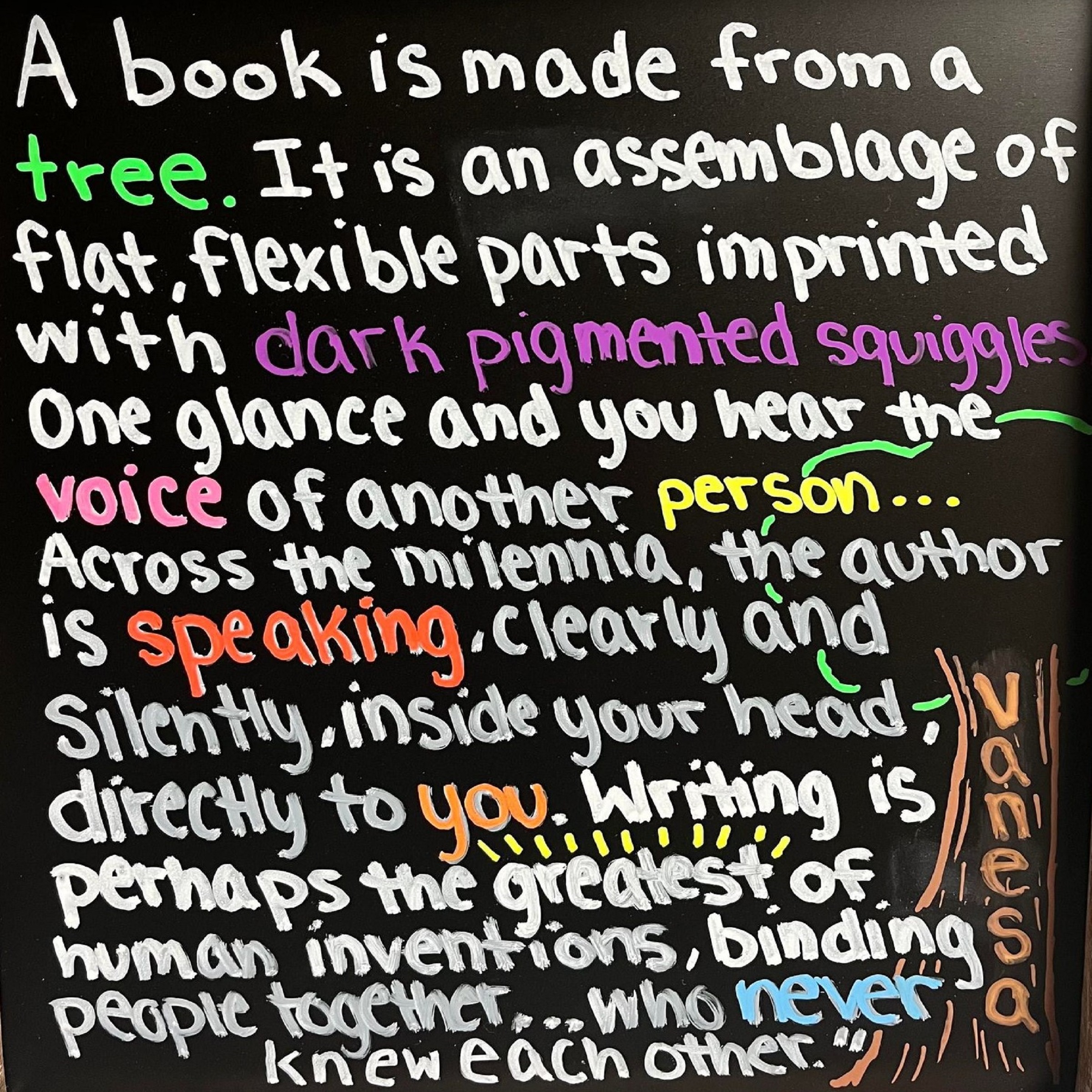
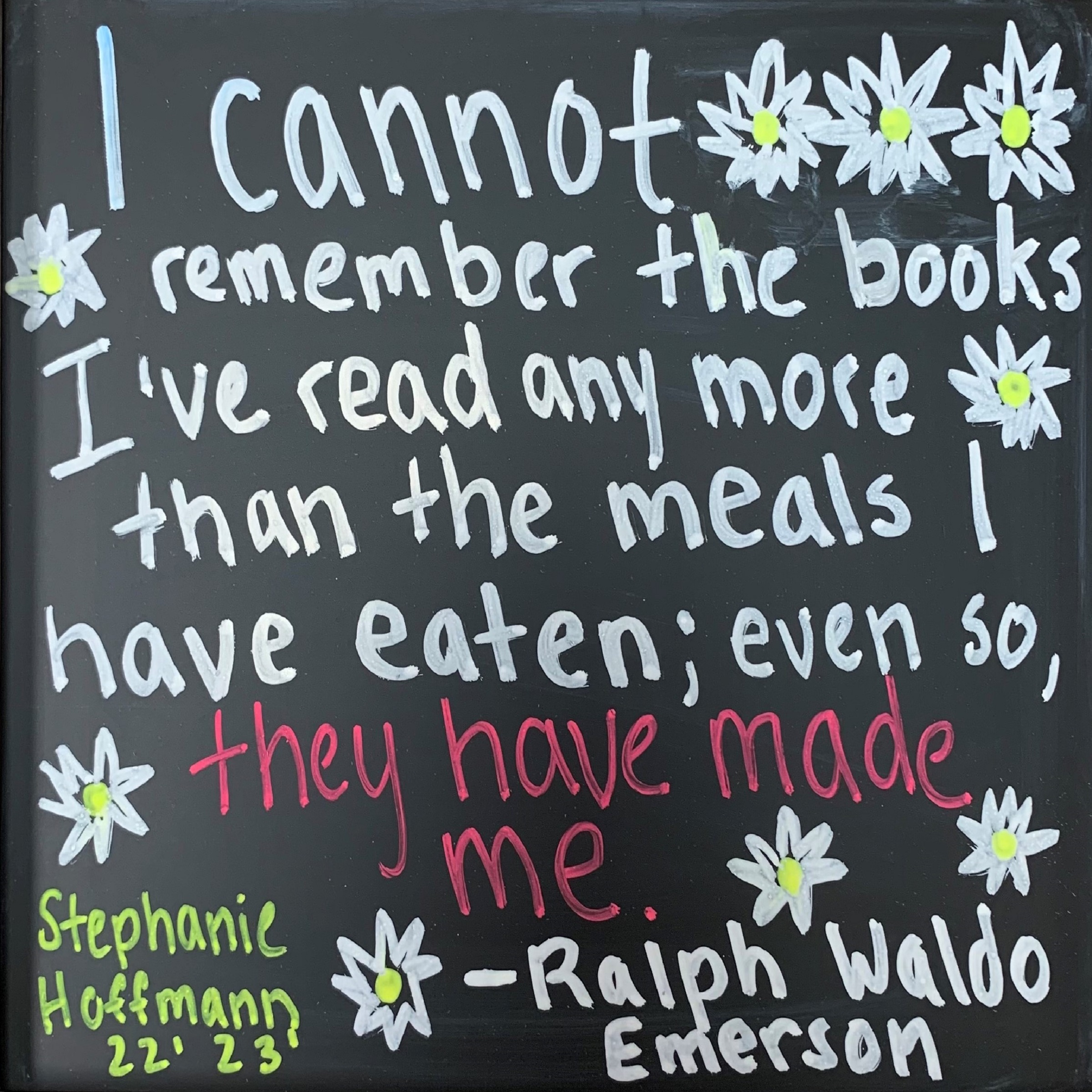




Leave a Reply